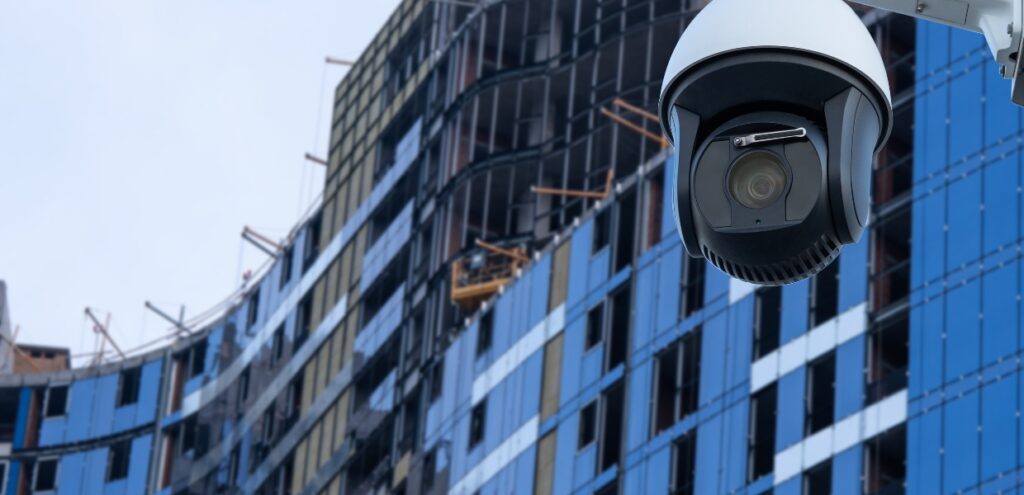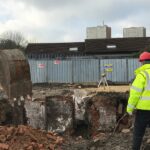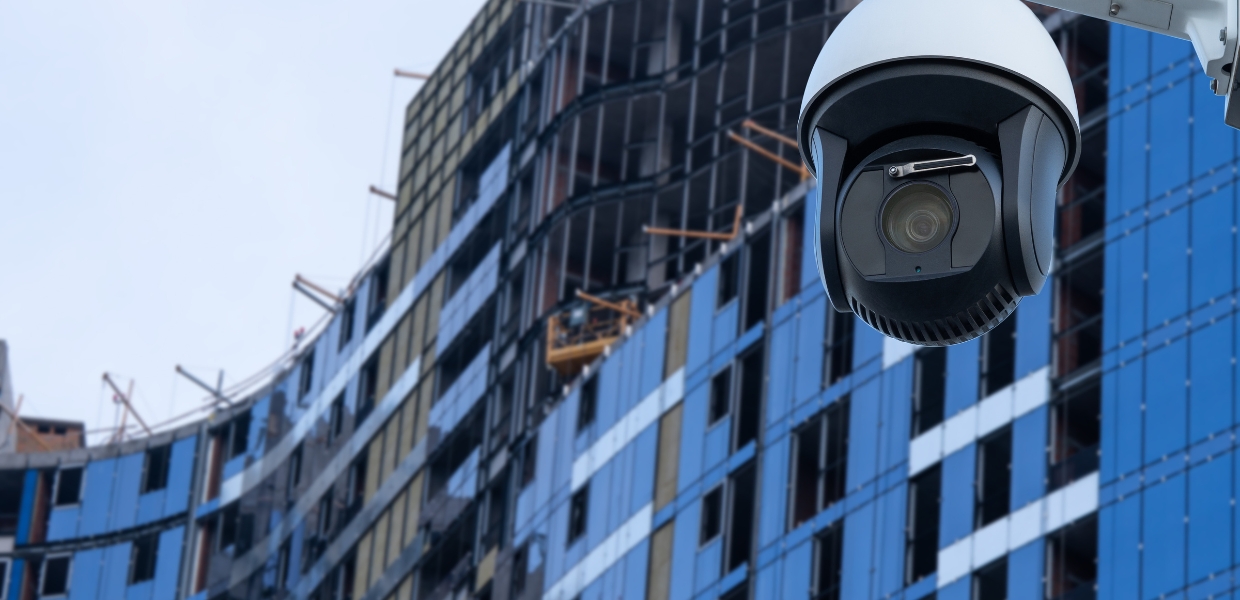
When working with a groundworks subcontractor on sensitive national security projects, it is essential to ensure that everyone on site has the correct security clearances and adheres to best practices. This article provides examples of what to look for when choosing a groundworks contractor for security-sensitive projects.
The Importance of Security Clearances
Fostering a Strong Company Culture
It’s essential to work with a groundworks contractor that prioritises security from the recruitment stage. Instilling the importance of security in new hires ensures the team understands the dedication required to undergo advanced security checks. This cultural foundation promotes a collective commitment to safeguarding sensitive information and upholding national security standards.
Mitigating Risks
Personnel working on sensitive projects must undergo rigorous background checks to mitigate risks, such as espionage, sabotage, and unauthorised access to confidential information. Security clearances effectively mitigate the risks of internal threats by thoroughly vetting all personnel for potential security risks. Emphasising the importance of these checks at every level shows a firm commitment to security.
Compliance with Government Regulations
For projects under the MoJ and MoD, compliance with government regulations concerning security is mandatory. These regulations often stipulate specific clearance levels, such as Baseline Personnel Security Standard (BPSS), Security Check (SC), Enhanced Level 1 (EL1), and Developed Vetting (DV).
While most contracts may not require the Counter Terrorism Check (CTC), projects with the strictest security measures should undertake them. Ensuring staff meets requirements is essential for project integrity and legal compliance. Adherence to these regulations from the outset ensures ongoing compliance and integrity.
Protecting Sensitive Information
Groundworks often involve handling sensitive information, such as project plans and security infrastructure details. Clearances for operatives are crucial to protect national security interests. Emphasising the importance of protecting sensitive information ensures that every team member takes their obligations seriously.
Best Practices for Ensuring Security in Groundworks
Comprehensive Vetting Process
Carrying out a thorough vetting process is the first step in ensuring security. This includes conducting background checks, verifying identity documents, and assessing potential vulnerabilities.
Partnering with a reputable security vetting agency can streamline this process and ensure compliance with government standards. Making these checks a standard part of the hiring process ensures that every new hire appreciates their importance from the beginning.
Regular Training and Updates
Security protocols are constantly developing, notably in national security. Regular training and updates keep everyone informed of security practices and threats. This can include training on data protection, secure communication, and recognising suspicious behaviour. Valuing continuous learning and adaptation ensures the serious integration of these training sessions into daily practices.
Access Control Measures
Strict access control measures are needed to prevent unauthorised personnel from entering sensitive areas. These measures require a combination of physical barriers, such as fences and security gates, and electronic measures, such as keycard access systems and biometric scanners.
Ensuring that only cleared operatives have access to specific areas minimises the risk of security breaches. Emphasising the importance of these controls assures careful implementation and adherence by all staff.
Surveillance and Monitoring
Continuous surveillance is crucial for detecting and addressing security threats promptly. Installing CCTV cameras, employing security personnel, and using motion detectors can enhance site security.
Regular audits and inspections can help identify and amend any security lapses promptly. Promotion of technology use and encouragement of diligence boosts security.
Secure Communication Channels
Sensitive information must be communicated securely to prevent access by unauthorised parties. It is crucial to use encryption, secure email, and update devices regularly. Prioritising secure communication practices ensures that all personnel are consistently aware of using secure methods.
Incident Response Plan
Having a strong incident response plan in place is crucial for quickly and effectively addressing security breaches. This plan should include protocols for immediate action, communication procedures, and recovery steps.
Regular drills can help all personnel understand the response plan and can act swiftly in the event of an incident. To ensure that all operatives understand this plan, and can effectively execute it when needed, choose a contractor that emphasises preparedness and responsiveness.
Collaboration with Security Experts
Working with security experts and consultants can provide valuable insights and recommendations for improving site security. These experts can assess risks, provide security solutions, and assist with advanced security strategies.
By including security concerns from the first conversation about a new project, the groundworks contractor embeds security concerns into every stage of the project plan. Valuing expert input and continuous improvement will ensure that these collaborations are effective and productive.
Early Engagement
Building relationships with internal security teams at initial stages is vital for executing secure projects. Each institution has slightly different procedures, making early engagement on a contract essential. The initial meeting between the client, prison, and contractor in MOJ projects, known as the 420 meeting, is crucial.
Early collaboration with internal security teams enables contractors to customise logistics plans, ensuring seamless integration and adherence to security protocols. Contractors can improve security measures and contribute to project success by building a collaborative relationship and understanding internal procedures.
Conclusion
Ensuring security in groundworks for national security projects requires strict attention to detail and adherence to best practices. Groundworks subcontractors play a crucial role in safeguarding sensitive projects through vetting, training, access control, surveillance, communication, and incident response.
Focusing on security from the recruitment stage reinforces this commitment, ensuring that all personnel are committed to upholding the highest security standards. As the landscape of national security develops, staying vigilant and proactive in addressing security concerns will be essential for the successful execution of these critical projects.




